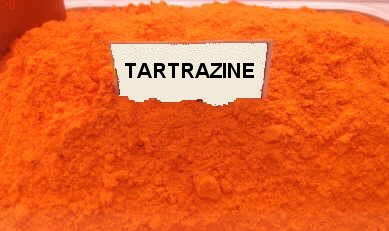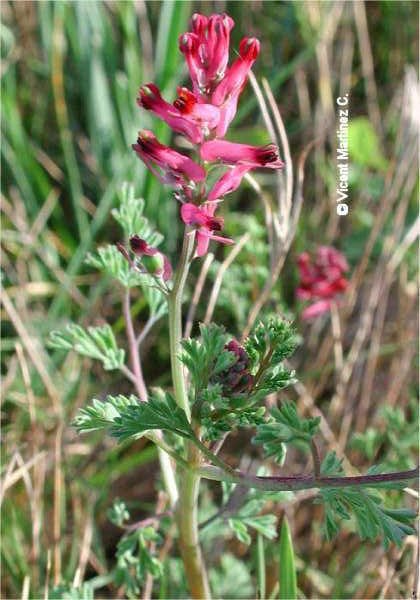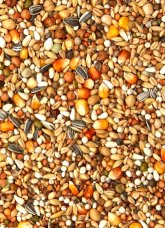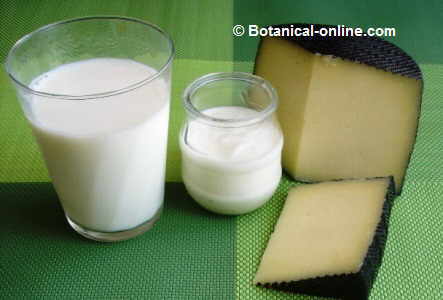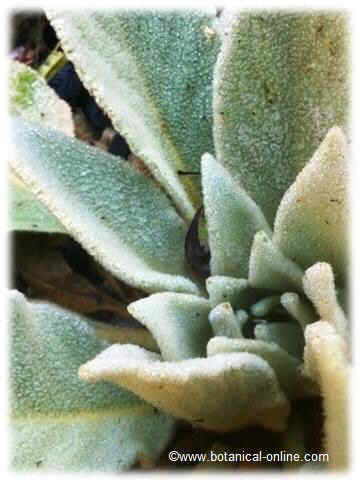Can parsnip be toxic?
Is parsnip dangerous to eat or can it have side effects?
Parsnip is an edible food that is non-toxic and can be eaten safely. Still, there are certain cases in which problems or contraindications may occur.
Be alert with wild parsnip consumption!!!
Recently, in recent decades, there has been a movement to come back to edible wild plants, which are those herbs that were consumed by our ancestors, and that food globalization has displaced from our diet. More and more people are venturing with a field guide to collect plants in the forests.
Wild parsnip varieties grow practically throughout Europe, alongside roads, paths, next to wet ditches or among grasses. Its appearance is very similar to that of hemlock (Conium maculatum), another very toxic wild plant from the same family. Be careful if you intend to collect some wild variety of parsnip so as not to confuse it with hemlock, although it is advisable to eat only cultivated plants.
When should you not use parsnip?

Contraindications of parsnip
- Sun exposure after eating or touching the plant: One of the main contraindications that parsnips have, as well as other plants of the same family (Apiaceae or Umbelliferae), is that it contains photosensitizing substances (furanocoumarins). Prolonged sun exposure is not recommended after handling parsnip (especially the leaves of the plant), because it can cause reddening of the skin or dermatitis, especially in sensitive or hypersensitive people.
- Blood thinning medications: Parsnip contains vitamin K and coumarins. If anticoagulant drugs are taken, it should be borne in mind that their excess, or the combination with foods rich in vitamin K, can enhance the effect of this medication.
Parsnip for pregnancy
In large quantities, parsnip may be contraindicated during pregnancy because it contains uterotonic and emmenagogue substances (myristicin). However, there have never been reports of this possible contraindication, so it seems more like a theoretical matter, and it is not worrying that pregnant women consume this food.
Can parsnips cause allergy?
Caution should be taken with parsnips if you are allergic to any plants. There are cross allergic reactions with celery, cucumber, carrot, watermelon, and apples.
Can you eat parsnip in FODMAPs or irritable colon diet?
Parsnip is practically fructose-free and can be eaten if you follow a diet low in FODMAPs, which is a type of food used in diet therapy to treat irritable bowel syndrome.
Can you eat parsnip in the diet for DAO deficiency migraine?
Eating certain foods, such as lemon or orange juice, has been shown to cause migraine in people who are diagnosed with a deficiency of the enzyme DAO because they contribute to the accumulation of histamine, causing these intense headaches. .
Parsnip is tolerated by people with DAO deficiency, therefore it can be eaten with ease on low histamine diets.
Parsnip for diabetes
Parsnip is very low in carbohydrates, and people with diabetes tolerate it well.
![]() More information on parsnip
More information on parsnip


